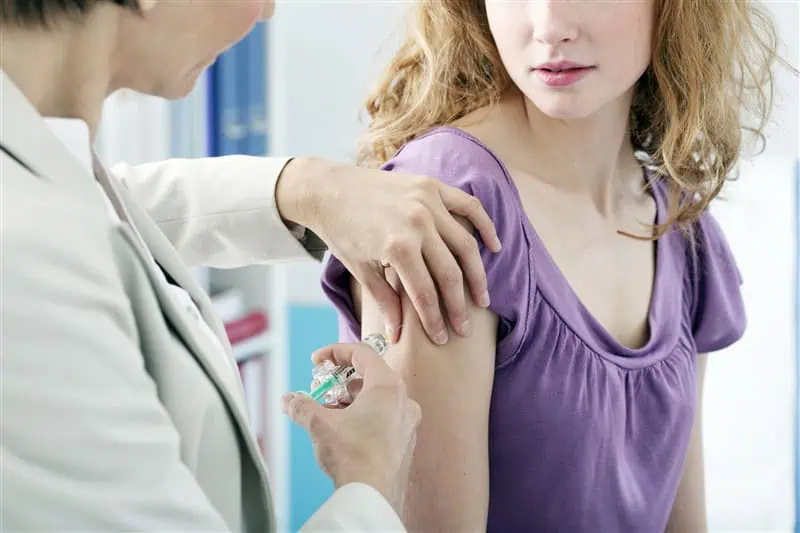
Issue 5/2025
Hristamyan, М.
Department of Epidemiology and Disaster Medicine, Faculty of Public Health, Medical University – Plovdiv
Human papillomavirus (HPV) is the most common sexually transmitted infection, and persistence of high-risk types, especially HPV 16 and 18, can lead to cervical cancer and other oncological diseases. Despite the availability of effective vaccines, vaccination coverage in Bulgaria remains low. The aim of the study is to investigate the knowledge, attitudes and practices of general practitioners (GPs). A pilot anonymous survey was conducted among 68 GPs. Over half (n=37) assessed their knowledge of HPV vaccines as good, and 95.6% (n=65) administered/recommended vaccination to start at 10-13 y. The majority of respondents are aware of HPV-related cancers and believed that vaccines are highly (76.5%, n=52) or moderately effective (20.6%, n=14) in preventing them. Over half (n=35) always administer/recommend the HPV vaccine to males, but 16.2% (n=11) – only to females. Opinions on the administration of the vaccine in people who already have HPV infection and in those already vaccinated with an HPV vaccine containing fewer strains vary. Nearly a third (n=22) have participated in continuing education about HPV vaccines, and 41.2% (n=28) fully agree to participate in a national or local campaign about HPV vaccines. Most GPs show good knowledge, practices, and attitudes, but part are uncertain about some aspects.
Key words: HPV, vaccines, prevention, knowledge, attitudes, practices, general practitioners (GPs)
Address for correspondence:
Hristamyan, М.
Medical University – Plovdiv
15А, „Vasil Aprilv“, Str.
4002, Plovdiv
e-mail: meri.hristamyan@mu-plovdiv.bg
